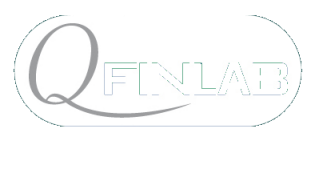QFinLab promotes a series of thematic seminars on climate risk. Climate transformations have a deep impact on economic activity with implications ranging from the definition of green transition policies to the evaluation of financial assets, from the construction of innovative financial and insurance products to risk management, from the design of mechanisms incentive to asset management and much more. Themes that pose intriguing questions to the academic world, involving, those who deal with models to interpret a phenomenon that by its nature is very complex. The activities are organized through a series of double seminars with discussants. The third meeting is scheduled for
February, 4, 2026
Seminar room VI floor
15.00-17.00
Department of Mathematics
Sara Biagini (LUISS University) Carbon Neutrality and Net-Zero Regulation
We analyze the impact of carbon dioxide regulation on a system of polluting, heterogeneous companies. We consider two compliance frameworks: one based on an emission trading system (ETS) mechanism and the other relying only on abatement efforts. The shocks in the economy are spanned by a multivariate Brownian motion, and the companies’ emissions are modeled as general diffusions. Firms must match their projected emission imbalance with their reduction effort at the compliance date in both frameworks. Under the ETS program, to do so firms can both abate and trade carbon permits in the ETS permits exchange. Existence and uniqueness of the optimal abatement and trade, together with the equilibrium carbon price, are proven under mild necessary and sufficient conditions. The optimizers and the carbon price are explicit, and their analytic expressions provide an instance of classic economic principles. Numerical examples illustrate the flexibility of the model in the study of the effect of significant allocation policies. Under the net-zero framework, firms can only rely on abatement, which is also provided in closed-form.
Discussant: Daniele Mancinelli (Politecnico di Milano)
Edit Rroji (Università di Milano Bicocca) Market perceived deadline for the transition to a low carbon economy
In the context of the transition to a low or zero carbon economy, the difference in greenium between pairs of twin bonds with different maturities is expected to disappear or, at least, to reduce in both level and volatility. Consequently, a model is needed that imposes a terminal condition on the dynamics of the process representing the difference in nodes within the greenium term structure. An important feature of this difference, observed in empirical data, is its mean-reverting behavior. This characteristic motivates the introduction of ad-hoc models that consider the possibility of a transition occurring at a specific time. Two models are discussed: The first is an extension of the classical Vasicek model, where the volatility term remains constant until a future time instant, after which it decreases linearly. This model is integrated into the second model consisting of a regime-switching framework, where the perceived deadline for transitioning to a low or zero-carbon economy defines the regime. Both models are calibrated using market data extracted from twin German government bonds.
Discussant: Rocco Mosconi (Politecnico di Milano)
This event has been (partially) supported by MUR, Department of Excellence 2023-27

